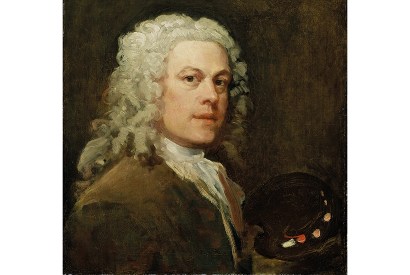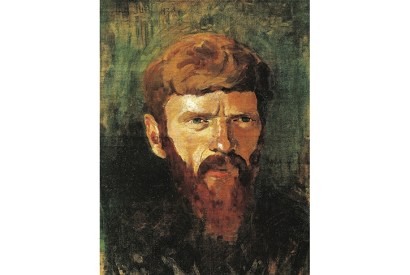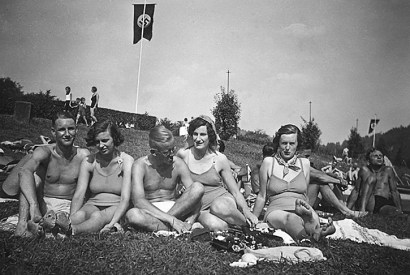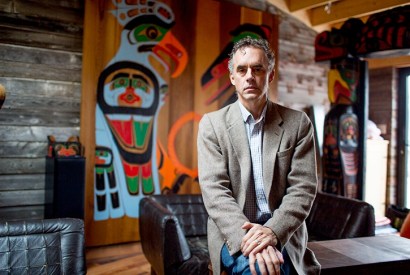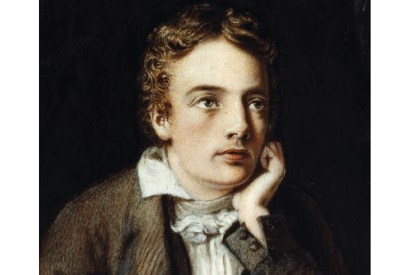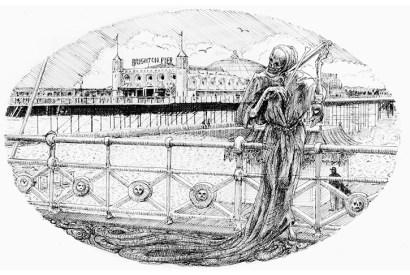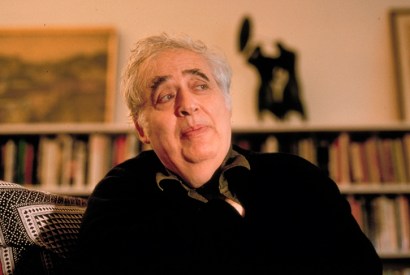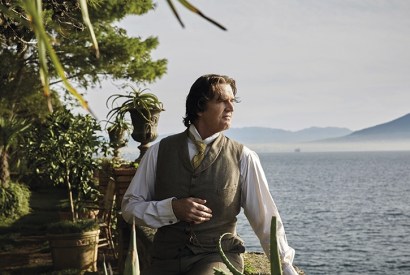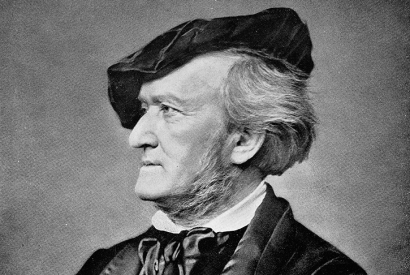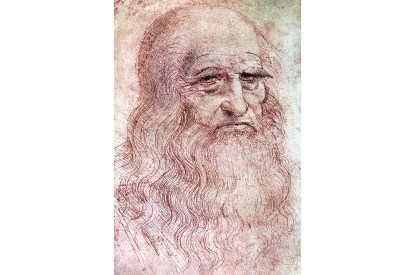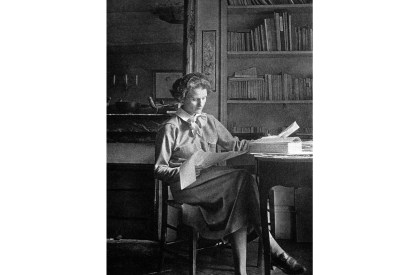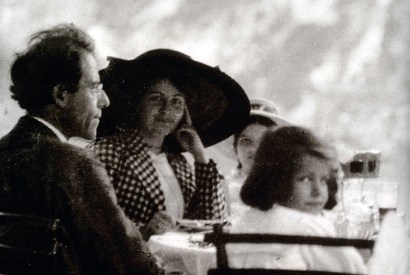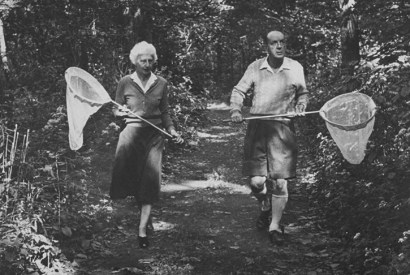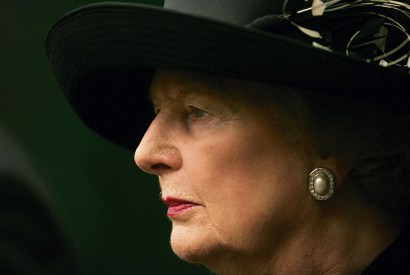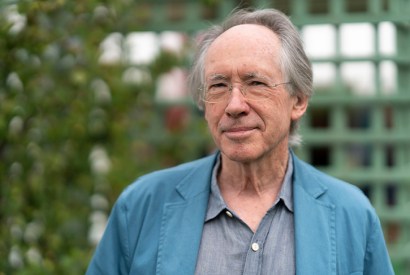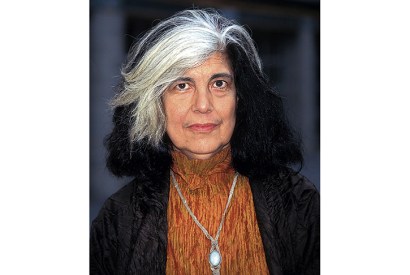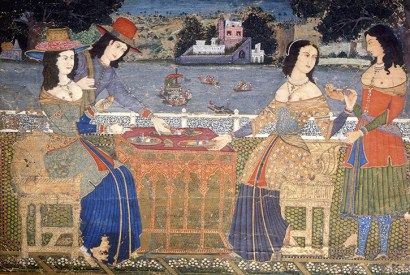How William Hogarth made Britain
A new biography of William Hogarth pays dutiful homage to his satirical genius but does not challenge its predecessors, writes Philip Hensher
Over the rainbow: D.H. Lawrence’s search for a new way of life
Philip Hensher describes D.H. Lawrence’s restless search of a new way of life
An unsuitable attachment to Nazism: Barbara Pym in the 1930s
Vicars, tea parties and village fetes were a far cry from Barbara Pym’s early enthusiasms, Philip Hensher reveals
Jordan Peterson is the Savonarola of our times
Philip Hensher feels he should be on Jordan Peterson’s side, but finds it a struggle
Imagining a future for John Keats — the novelist
Keats is a much stranger poet than we tend to realise – who shocked his first readers by his vulgarity and gross indecency, says Philip Hensher
Dolly Parton represents all that’s best about America
Dolly Parton is the living embodiment of America’s best values, says Philip Hensher
Harold Bloom finally betrays how little he really understood literature
Harold Bloom devoted his life to literature – but he had little feeling for words, says Philip Hensher
De Profundis: the agony of filming Oscar Wilde’s last years
Philip Hensher admires a witty account of the horrors of modern film-making
Hitler’s admiration has severely damaged Wagner’s reputation
Wagner gripped the communal mind for decades after his death. Philip Hensher examines his enduring influence
How do we greet one another today?
Conversation is a fascinating subject, says Philip Hensher – but very few people get it right
The genuine polymath is still one in a million
With unlimited information just a click away, everyone can pass as a polymath today, says Philip Hensher
The cult of Sappho in interwar Paris
Philip Hensher describes how Paris became a magnet for literary-minded lesbians in the early 20th century – where they soon caused quite a stir
Gustav Mahler’s bid for greatness: the ‘Symphony of a Thousand’
Gustav Mahler was a passionate enthusiast for the colossal in music. Even so, his mighty eighth symphony stands apart, says Philip Hensher
Babies are aware of bilingualism from birth — if not before
Probably most of the world is bilingual, or more than bilingual. It is common in many countries to speak a…
Lydia Davis, like an inspirational teacher, tempts her readers into more reading
A good indicator of just how interesting and alluring Lydia Davis’s Essays proved might be my recent credit card statement.…
Vladimir Nabokov confesses to butterflies in the stomach
Not every novelist has opinions. Some of the greatest have a touch of the idiot savant, such as Adalbert Stifter,…
The concluding volume of Charles Moore’s life of Margaret Thatcher is – as its predecessors are – a triumph
This outstanding biography comes to an end, not in an atmosphere of triumph and achievement, but in a welter of…
Ian McEwan’s anti-Brexit satire is a damp squib
Kafka wrote a novella, The Metamorphosis, about a man who finds himself transformed into a beetle. Now Ian McEwan has…
No one held Susan Sontag in higher esteem than she did: Her Life reviewed
Towards the end of this tale of imperial intellectual expansion, Susan Sontag’s publicist goes to visit his shrink and, dealing…
America’s brutal borstals: The Nickel Boys, by Colson Whitehead, reviewed
Novelists will always be interested in enclosed communities — or the ‘total institution’, as sociologists say. When you separate a…
Polari, the secret gay argot, is making a surprising comeback
Imagine you’re a gay man living in the year 1950. Not unnaturally, you would like to meet another gay man.…
Toy theatres on the stage: the set designs of Maurice Sendak
I must have seen hundreds of opera productions in my time. Out of these, hardly any made a lasting impression…
Not all British memsahibs were racist snobs
Despite efforts to prevent them, British women formed a part of the Indian empire almost from the start. Although the…

